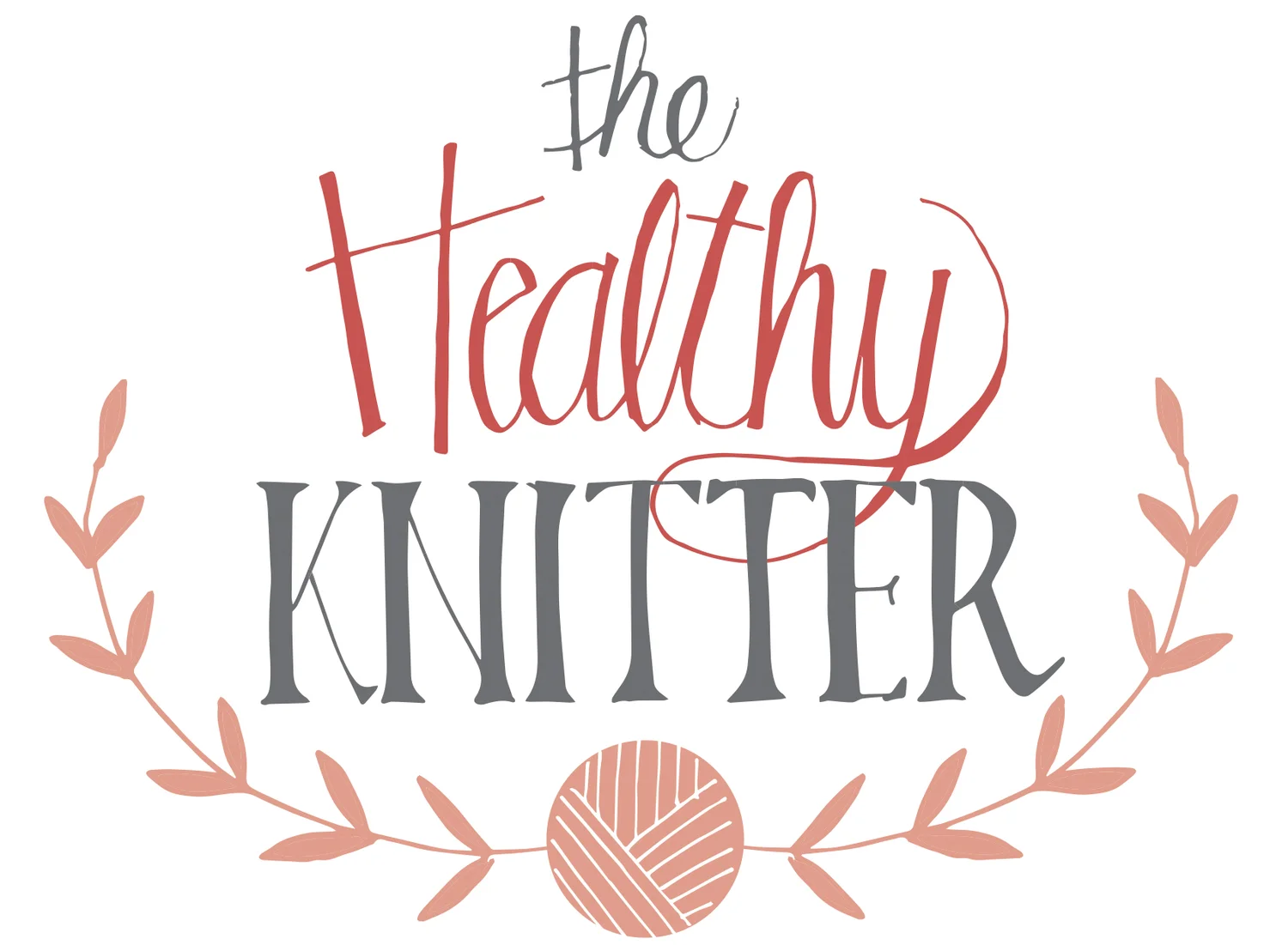Stand
under
To understand… a person, situation, circumstance… perhaps we might need to “stand under.” To walk in the shoes, to see it from their perspective… a way of peace.
How can we learn to celebrate the differences in our lives since it seems the differences become the catalyst to breaking down relationships?
What better way to illustrate my thoughts than with a two-part story…
Scenario 1. Previously, I mentioned the riddle-teller who loves to organize. If you asked her to describe herself she would say “organized.” If you asked her for an example of a fun activity, “organize.” To me, it’s mind-boggling how organized she is… yet it brings her great joy. I, on the otherhand, would only achieve a C+ in the category of organization and on the days that I really try, a B-. I have worked closely with the riddle-teller for 8 years… and this difference in our styles/personalities is one of our greatest strengths. We giggle at each others way of tackling a problem as neither of us would approach problem-solving from the same angle. Instead of mounting frustration over each others style, we celebrate our differences. As a result, we are very productive and enjoy our time together.
Scenario 2. I am a work to the deadline type of person. If a project is due on Monday at 5 pm, I am submitting the project that afternoon. I used to work with a woman who wanted the project done a week early. I knew this was important to her, so I tried multiple times to complete projects in advance. Yet, I was always a few days late (for her deadline)… We were unable to find a middle ground and the collaboration dissolved over time.
Now, let me be perfectly clear. There is an ease in the relationship with the riddle-teller whereas the early-deadline meeter and I never had that type of grace. So, when times get challenging, complex, or frustrating, the riddle-teller and I have the ability to talk. That was not so with the early-deadline meeter. And the longer I waited to have a conversation about our differences, the more strained the relationship became.
When it comes to cultivating peace for self, others, and the Earth in the context of what is within our reach… perhaps there are some key tenets that we can apply; a checklist if you will. Let’s put this in the first person…
How can I seek to understand the big picture?
How can I consider an issue fully and resist the urge to come to a quick conclusion?
How can I change my perspective to increase my understanding?
How can I consider how my current attitudes and beliefs are influencing the current reality and the future?
How can I recognize that a time delay may affect the desired outcome?
Scenario 2 really needed some assistance if the collaboration was going to move forward… and of course, finding a way forward has to be desired by both parties. At that time, I did not have the skillset to navigate the complexities of the collaboration. But in retrospect, I could have used the questions above to frame a conversation.
As we’ve been discussing the last few weeks, life is interconnected… with others and the Earth. Problems arise when we become disconnected; we begin to shut down and no longer see the beauty in our differences. We become divided… an advanced stage of disconnection.
I’m sure we all have examples of relationships in our lives when the understanding broke down, the communication dissolved, and we stopped seeking to view perspectives other than our own.
Peacebuilders understand, seek new pespectives, query their own beliefs and attitudes, resist the urge to react (hello ‘pause’), and acknowledge that waiting too long to address a problem may have outcomes not aligned with the desired effect.
Peace nugget #18
The questions listed in our peacebuilder checklist are five of the fourteen habits of systems thinking as described by the Waters Center for Systems Thinking. You can learn more about the habits here. If you are an educator, there are lots of resources for classroom use as well.
The world needs systems thinkers… the ability to apply the habits in our daily lives provides a pathway for peace. Imagine a world where we sought to understand the big picture and seek new perspectives… or even better if we considered how our own attitudes and beliefs were influencing our interactions with others.
Let’s apply the habits of systems thinking to our relationships with self, others, and the Earth… being mindful to address relationships “within our reach.” Pick a habit (listed above or here) that speaks to you.
Which habit did you select?
Describe how your chosen habit represents peacebuilding.
Other
I’ve been asked if the Project Peace 2023 daily readings will continue to be available after our 21 days and the answer is “yes.” The daily prompts from Project Peace 2016 - 2020 are also available on the website if you find yourself wanting to read more.
Again, I’d like to thank you for all your beautiful comments. During my morning “coffee with peace” time, I’m holding so many of you in my thoughts as you walk through life’s challenges… loss of a partner, parent(s), child(ren), friend(s); whether it be through a parting of ways or the last beat of the heart. Peace.
You’ve seen this door before (Day 4… doors). This is the door from which all the above photos were taken. Just from a different perspective.




